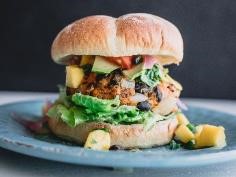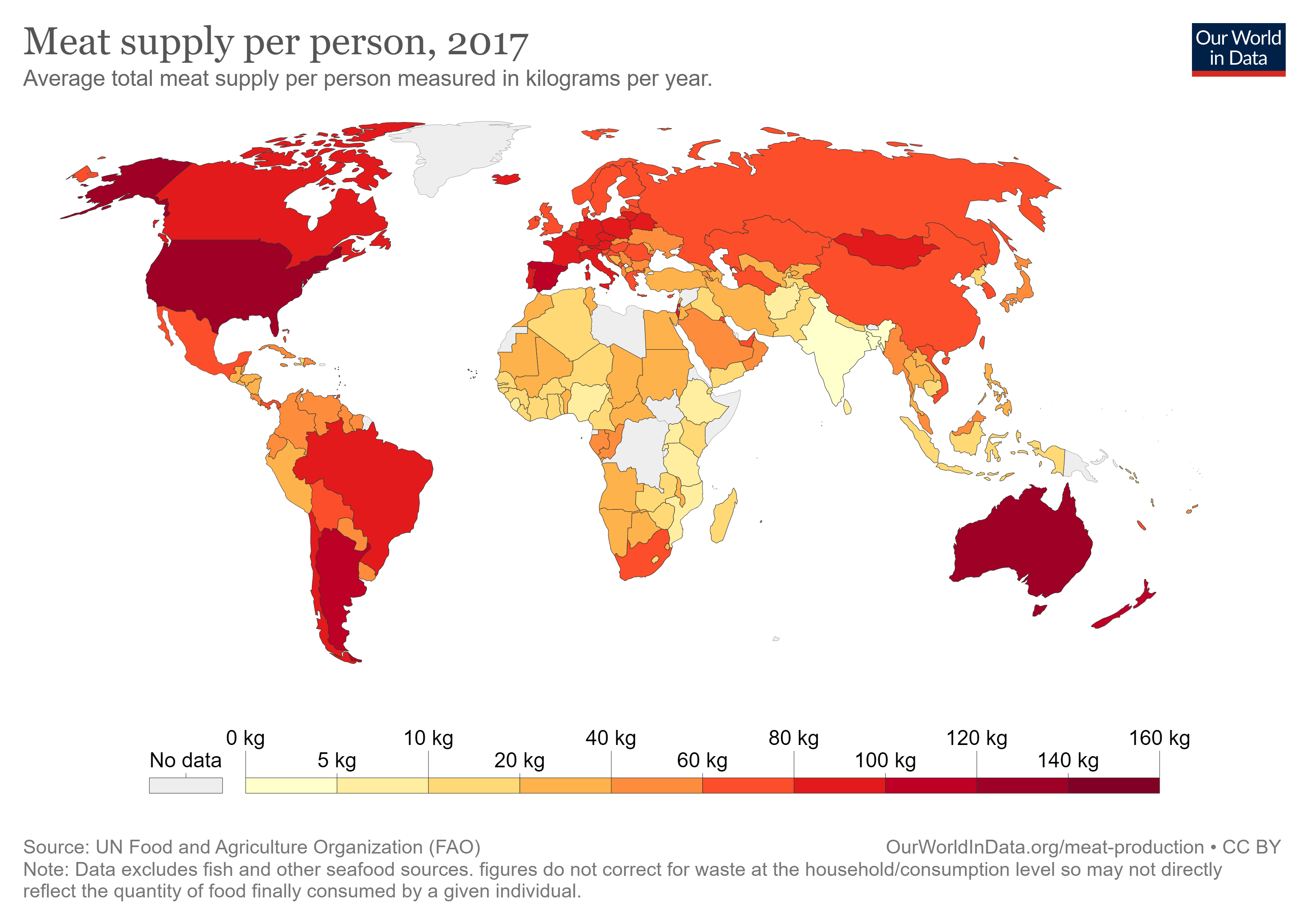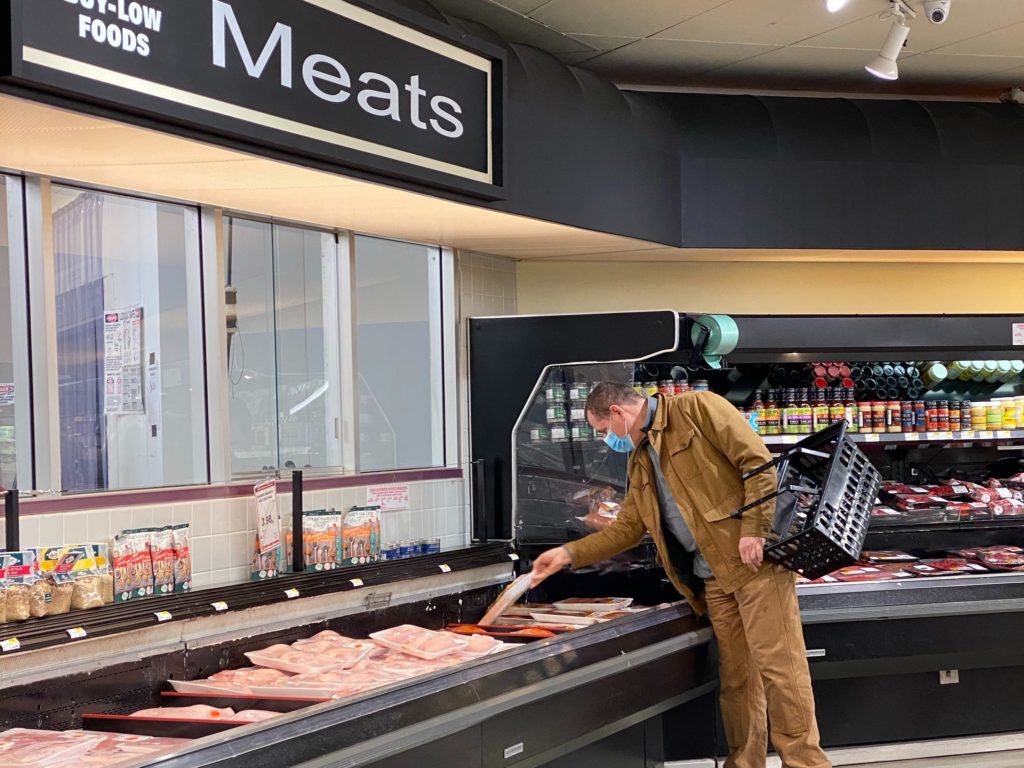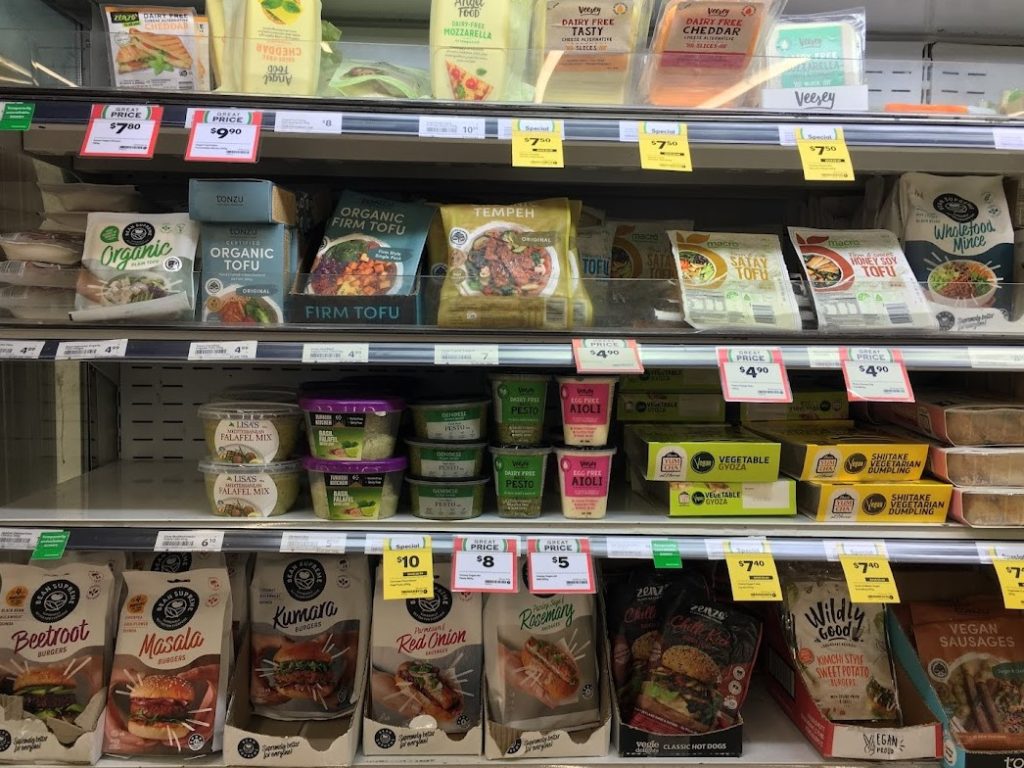Global meat consumption is on the rise although many consumers say that they want to eat less meat.
https://ourworldindata.org/meat-production
Plant-based meat alternatives such as meat-free sausages, burgers, meatballs may be a convenient way to substitute meat products.
Plant-based products need to be appealing, easy and normal
Vermeulen1 suggested that for a plant-based product to be accepted (and therefore bought repeatedly) it will need to be:

Appealing
Taste and price matter!
Products need to be tasty and affordable, to name but a few.
Consumers think though that many plant-based meat alternatives don’t taste as good as the meat variant. Yet, they often have a similar price.
We plan to investigate what an ideal meat alternative may taste like. This will help the industry develop products that meet consumer demands.
Photo by Deryn Macey on Unsplash

Easy
Convenience is key!
A meat-eater might find it easier to use meat alternatives if these can be prepared in the same way as meat.
An example: Chickpeas and lentils are very nutritious and versatile. However, they are not commonly used to replace meat. People are simply unsure how to prepare them.

Normal
Consumers want “normal” foods!
Most consumers don’t like to stand out from the crowd. They want to be mainstream.
An example: A study showed that meat-eaters were less likely to choose vegetarian dishes when these were presented in a separate box on a restaurant menu than when they were listed among the meat-dishes2.
Placing meat alternatives in the meat section helps uptake
In the USA, a supermarket chain found 23% higher sales of plant-based meat alternatives when these products are presented alongside their meat counterparts3. Beyond Meat has played an important role in this development: They refuse to stock their meat-free burgers to retailers unless they will be included in the supermarket’s meat section4.
In Aotearoa, plant-based meat alternatives are usually displayed on a vegetarian/vegan shelf. As such, meat-eating consumers may believe that these products are not relevant to them. In fact, they may not even see the range of meat alternatives available.
Maybe soon, more and more A-NZ supermarkets will stock meat-free products in the meat sections, which might result in an increased uptake.
Time will tell!
Caroline Giezenaar, 11 August 2021
References
1 Vermeulen, S.J., Park, T., Khoury, C.K. and Béné, C. (2020), Changing diets and the transformation of the global food system. Ann. N.Y. Acad. Sci., 1478: 3-17. https://doi.org/10.1111/nyas.14446
2 https://www.wri.org/insights/dont-put-vegetables-corner-qa-behavioral-science-researcher-linda-bacon
3 https://www.plantbasedfoods.org/marketplace/pbfa-and-kroger-plant-based-meat-study/




